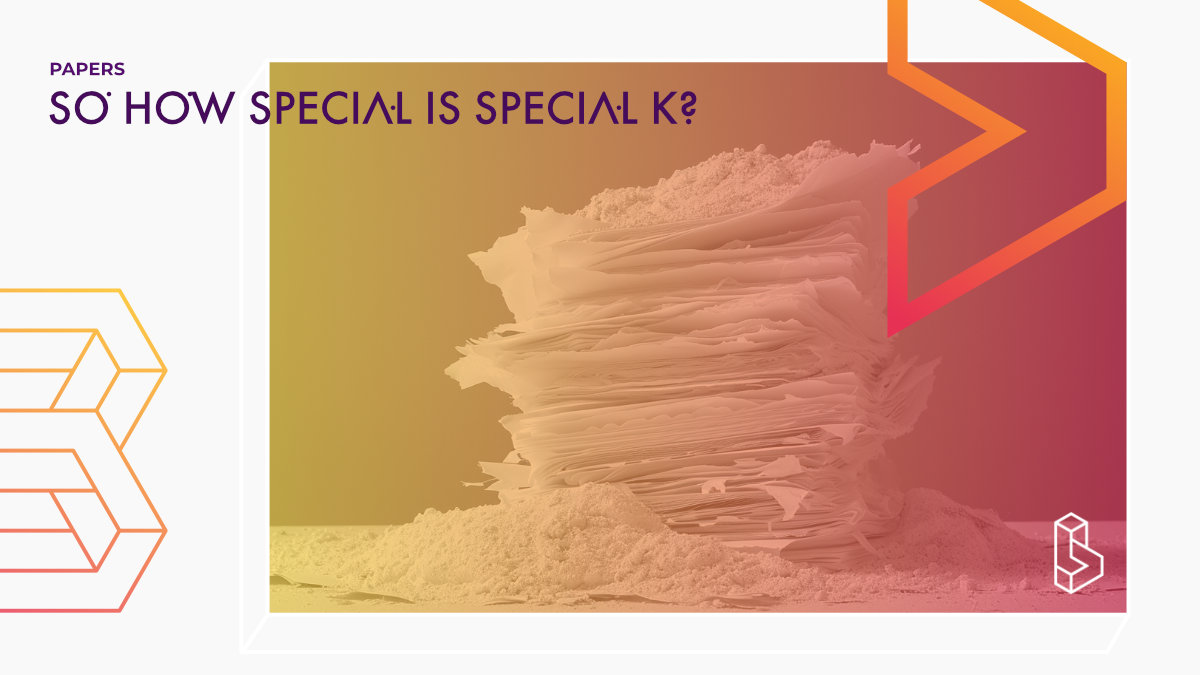This systematic review & meta-analysis (2024; s=6; n=221) of randomized control trials (RCTs) on ketamine interventions for PTSD finds a small advantage for ketamine over control conditions in reducing PTSD symptoms at 24 hours post-initial infusion, but bias and heterogeneity pose concerns, indicating that blind penetration and the placebo effect might contribute to reported therapeutic effects.
Abstract of So how special is special K? A systematic review and meta-analysis of ketamine for PTSD RCTs
“Background: PTSD is a significant mental health problem worldwide. Current evidence-based interventions suffer various limitations. Ketamine is a novel agent that is hoped to be incrementally better than extant interventions.
Objective: Several randomized control trials (RCTs) of ketamine interventions for PTSD have now been published. We sought to systematically review and meta-analyse results from these trials to evaluate preliminary evidence for ketamine’s incremental benefit above-and-beyond control interventions in PTSD treatment.
Results: Omnibus findings from 52 effect sizes extracted across six studies (n = 221) yielded a small advantage for ketamine over control conditions at reducing PTSD symptoms (g = 0.27, 95% CI = 0.03, 0.51). However, bias-correction estimates attenuated this effect (adjusted g = 0.20, 95%, CI = −0.08, 0.48). Bias estimates indicated smaller studies reported larger effect sizes favouring ketamine. The only consistent timepoint assessed across RCTs was 24-hours post-initial infusion. Effects at 24-hours post-initial infusion suggest ketamine has a small relative advantage over controls (g = 0.35, 95% CI = 0.06, 0.64). Post-hoc analyses at 24-hours post-initial infusion indicated that ketamine was significantly better than passive controls (g = 0.44, 95% CI = 0.03, 0.85), but not active controls (g = 0.24, 95% CI = −0.30, 0.78). Comparisons one-week into intervention suggested no meaningful group differences (g = 0.24, 95% CI = 0.00, 0.48). No significant differences were evident for RCTs that examined effects two-weeks post initial infusion (g = 0.17, 95% CI = −0.10, 0.44).
Conclusions: Altogether, ketamine-for-PTSD RCTs reveal a nominal initial therapeutic advantage relative to controls. However, bias and heterogeneity appear problematic. While rapid acting effects were observed, all control agents (including saline) also evidenced rapid acting effects. We argue blind penetration to be a serious concern, and that placebo is the likely mechanism behind reported therapeutic effects.”
Authors: Nicholas C. Borgogna, Tyler Owen, Jacob Vaughn, David A. L. Johnson, Stephen L. Aita & Benjamin D. Hill
Summary of So how special is special K? A systematic review and meta-analysis of ketamine for PTSD RCTs
Post-Traumatic Stress Disorder (PTSD) is a prolonged adverse psychological reaction to a traumatic event. Psychotherapy remains a popular option with robust scientific support, but is often associated with short-term increases in symptomology.
Given psychotherapy’s limitations, many providers recommend adjunctive psychopharmacotherapy. However, SSRIs are associated with a range of negative side effects and have been criticized for poor action mechanism validity and suspicion of placebo-driven therapeutic effects.
Many off-label pharmaceuticals are regularly employed to treat PTSD, but they show limited therapeutic benefit in modern placebo-controlled randomized control trials (RCTs). Consequently, there has been a shift within psychiatry to identify novel agents that can withstand scientific scrutiny.
Find this paper
So how special is special K? A systematic review and meta-analysis of ketamine for PTSD RCTs
https://doi.org/10.1080/20008066.2023.2299124
Open Access | Google Scholar | Backup | 🕊
Cite this paper (APA)
Borgogna, N. C., Owen, T., Vaughn, J., Johnson, D. A., Aita, S. L., & Hill, B. D. (2024). So how special is special K? A systematic review and meta-analysis of ketamine for PTSD RCTs. European Journal of Psychotraumatology, 15(1), 2299124.

